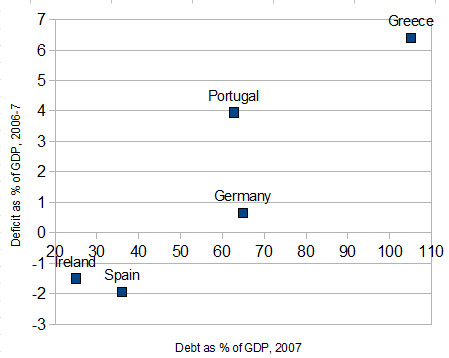I can vouch for the bargain part. A couple of years ago I took a grad course at a UC school to get caught up on the latest developments in Bayesian networks. The course was excellent, the paperwork was reasonable, the cost was still remarkably cheap for what you got.
In 1990, Linscheid said, the Cal State budget and the state prison budget were roughly the same. Today, the state prison budget is only about 10% less than the Cal State, UC and community college budgets combined. Meanwhile, the number of inmates has shot up from 25,000 to 175,000 over the last 20 years, thanks largely to law-and-order initiatives backed by the prison guards union. The union bankrolls politicians like Gov. Jerry Brown, too, and reaps huge benefits, but they come at the expense of school funding.
UCLA Chancellor Gene Block recently wrote in The Times that of the 42 Republicans in our state Legislature, 29 are products of California's public system of higher education. They got a great bargain, but not a single one of them has supported a Brown proposal — balance the budget half with cuts and half with a temporary extension of existing tax increases — that would maintain a barely acceptable level of quality in the Cal State system and help students avoid crippling tuition hikes.
Of course, my isolated experience doesn't mean much but it is consistent with pretty much any system of college rankings you can find. By almost any measure, California has arguably the world's best university system (according to the ARWU rankings, four of the world's top twenty universities are in the UC system).
But California also has a sentencing system that can give you 25 to life for cheating on a driving test and a legislative system that makes it easier to amend the constitution than to pass a budget. We can certainly keep one of these three systems, we might even manage two but at least one will have to go.
If you made this an explicit choice, few Californians would choose to sacrifice our universities, but in the implicit choice we've been given, that's exactly what we've decided to do.
p.s. If you're not depressed enough, check this story from NPR.


